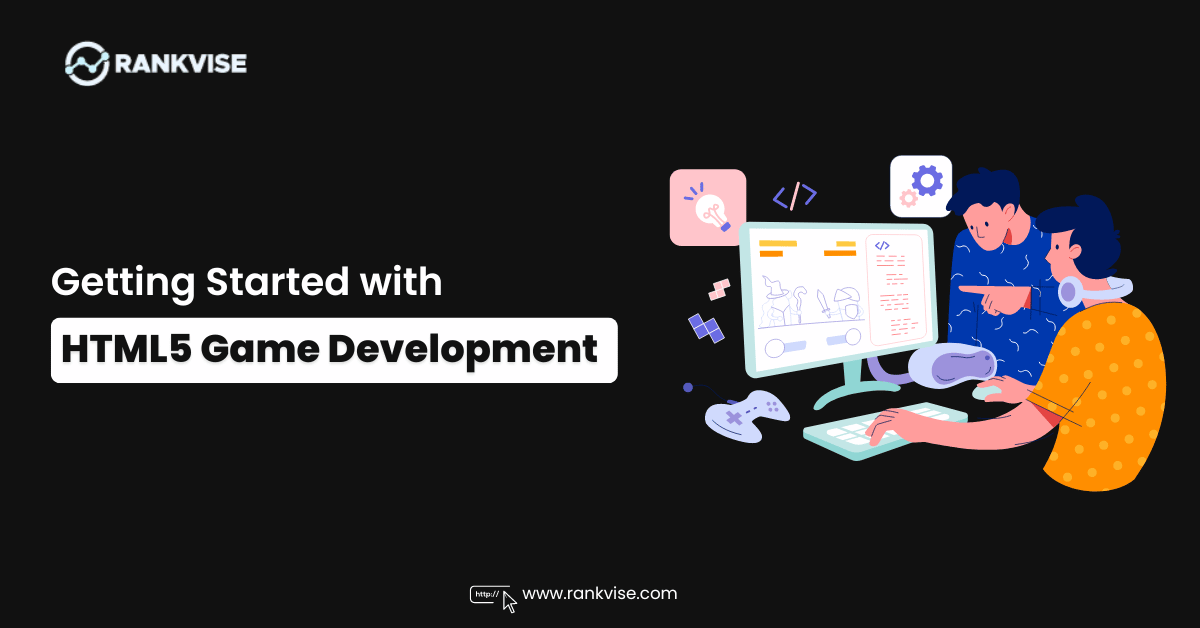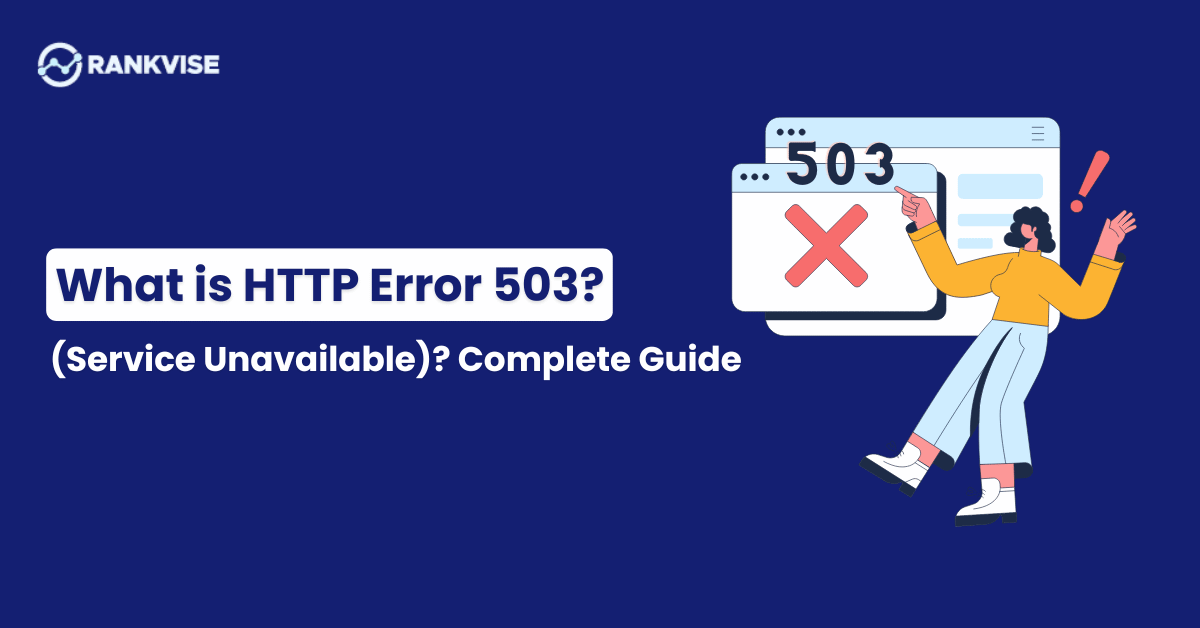Building games with HTML5 has become very popular lately. It lets developers make games that can run directly in web browsers without needing extra software or plugins installed. This means HTML5 games work on lots of different devices like computers, tablets, and phones no matter what operating system they use.
In this article, we’ll look at the important tools and help you need to start building HTML5 games.
What is HTML5 Game Building?
To build HTML5 games, you use HTML5, CSS, and JavaScript together. HTML5 gives the structure and content of the game. CSS handles the styling like colors and layout. JavaScript does the game logic and interactivity to make things move and respond.
A big advantage of HTML5 games is that they work across many devices. The same game can run on desktop computers, laptops, phones, and tablets without needing special installs for each system. HTML5 games can also easily be shared and played online by people anywhere.
The HTML5 games market is booming, with a size of US$23.4 billion in 2021 and a projected growth to US$31.89 billion by 2030. That’s a compound annual growth rate (CAGR) of roughly 3.50%, indicating a steady and promising future for this sector.
Why HTML5 Games are Great
HTML5 games have some big advantages that make them really great. The biggest one is that they work on all kinds of different devices. You can play the same HTML5 game on a desktop computer, a laptop, a tablet, or a smartphone. It doesn’t matter if the device uses Windows, MacOS, Android, or any other operating system.
With other types of games, you often need to install special software or plugins to get the game running on your device. But with HTML5 games, there’s no installation needed! The games just run right in your web browser like Chrome, Firefox or Safari.
Another great thing about HTML5 games is how easy they are to share and access from anywhere. Since the games live on websites, you can just send someone a link and they can instantly play the game online. There’s no executable file to download or disc to insert. Just click the link and play!
This means HTML5 games are incredibly portable. You can enjoy the same game at home on your computer, on your mobile during a commute, or kill time playing on a friend’s tablet. As long as you have an internet connection and a web browser, the game is ready to go.
The cross-platform and cross-device nature of HTML5 games makes them really convenient and accessible for all types of players. You don’t have to worry about whether a game will work on your phone, laptop or whatnot. Just find an HTML5 game you like and you can play it virtually anywhere!
Essential Tools for HTML5 Games
To get started building HTML5 games, you’ll need a few key tools:
1. Text Editor: This is for writing and editing your HTML, CSS, and JavaScript code. While simple text editors like Notepad work, it’s better to use a code editor like Sublime Text or Visual Studio Code with helpful features like code highlighting.
2. Web Browser: You need a modern browser like Chrome, Firefox or Edge to test and debug your HTML5 games as you build them. They have built-in developer tools to inspect and change the code directly.
3. Game Engines: While possible to code games from scratch, game engines make it much easier. Popular ones like:
- Phaser: A fast and robust 2D game framework for the web.
- Three.js: A popular 3D graphics library for creating WebGL-based 3D games.
- PixiJS: A fast 2D rendering engine that works across all major browsers.
- Babylon.js: A powerful, open-source 3D engine.
4. Graphics and Image Editing Software: Create game assets using graphics and image editing software such as Adobe Photoshop, GIMP, or Aseprite.
5. Version Control System: Consider using a version control system like Git to keep track of changes in your codebase. Platforms like GitHub or Bitbucket can host your repositories.
6. Physics Engine (Optional): If your game requires physics simulation, you might want to integrate a physics engine like Matter.js or Cannon.js.
7. Audio Tools: For incorporating sound effects and music, use audio tools like Audacity or Adobe Audition to create and edit audio files.
8. Responsive Design Testing Tools: Ensure your game works well on different devices and screen sizes. Responsive design testing tools like BrowserStack or Chrome Developer Tools can help with this.
9. Build Tools: Set up build tools like Webpack or Gulp to optimize and bundle your game assets for production.
10. Online Resources and Documentation: Refer to online resources, tutorials, and documentation for HTML5 game development. Understanding the specifics of HTML5 features, Canvas API, and Web Audio API is crucial.
Learning Resources
Learning to build HTML5 games can be challenging at first. But there are lots of resources to help:
1. Online Tutorials: Sites like Codecademy, Udemy, and Coursera offer HTML5 game tutorials with step-by-step projects to follow along.
2. Documentation: The official documentation for HTML5, CSS, JavaScript and game engines explains all the different parts in detail with examples.
3. Books: Books like “HTML5 Game Development for Dummies” provide structured lessons for learning HTML5 games. Foundation Game Design with HTML5 and JavaScript by Rex van der Spuy is also a good book that covers the fundamentals of game design using HTML5 and JavaScript.
4. Online Communities: Forums and communities let you connect with other developers to ask questions and get help when stuck.
Starting Your First Project
The best way to learn is to start building an HTML5 game yourself. Look at existing games for inspiration on what to make. Start small with just basic gameplay at first, then add more complex pieces over time. Use tutorials, docs, and communities whenever you need assistance.
Get hands-on practice following beginner tutorials that build simple classic games like Pong or Snake step-by-step. As you improve, try re-making favorite retro games or put your own spin on a familiar genre. Share your games online and ask for feedback to help you get better.
Join game dev communities and meetups to connect with other developers. Having peers to learn from, get motivation, and share knowledge with is very helpful. Analyze full games by experienced devs. Look at their code, play their games, and see what works well to learn new tricks.
Experiment with different game engines to see which ones you like using best. But don’t get stuck using just one – knowing multiple engines makes you a better, more versatile developer that companies want to hire.
Be patient and keep practicing. Game building can be really hard sometimes and you’ll get stuck often. But each obstacle you overcome makes you better at solving problems. With persistence, you’ll gain confidence and be well on your way to becoming a skilled HTML5 game developer!
Grow Your Skills Further
Join game dev communities and meetups to connect with other developers. Having peers to learn from, get motivation, and share knowledge with is very helpful. Analyze full games by experienced devs. Look at their code, play their games, and see what works well to learn new tricks.
Experiment with different game engines to see which ones you like using best. But don’t get stuck using just one – knowing multiple engines makes you a better, more versatile developer that companies want to hire.
Be patient and keep practicing. Game building can be really hard sometimes and you’ll get stuck often. But each obstacle you overcome makes you better at solving problems. With persistence, you’ll gain confidence and be well on your way to becoming a skilled HTML5 game developer!
The Future of HTML5 Games
HTML5 game development is an exciting, fast-growing field. As web technology improves, HTML5 will get better for making rich, immersive gaming experiences. By mastering the essential tools and resources here, you’ll be ready to join the world of HTML5 games and contribute to the future of web-based gaming.





